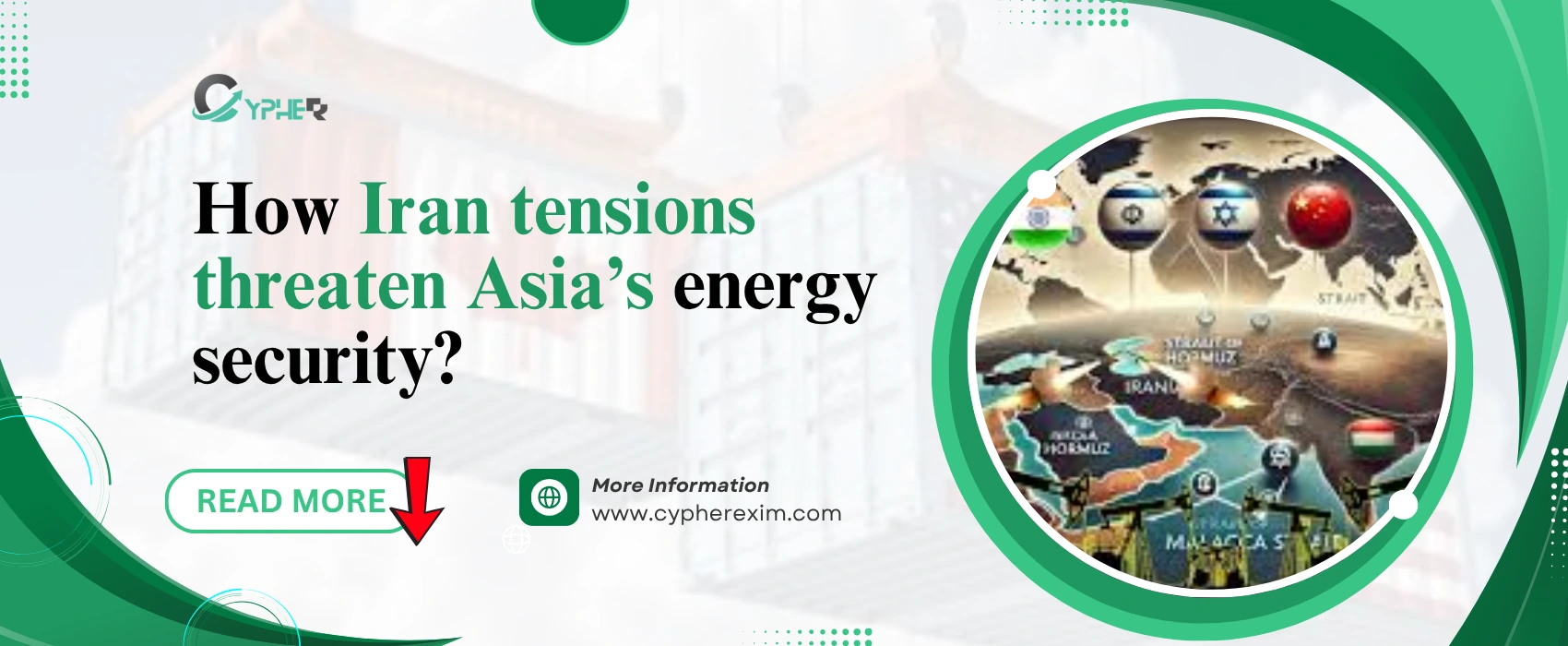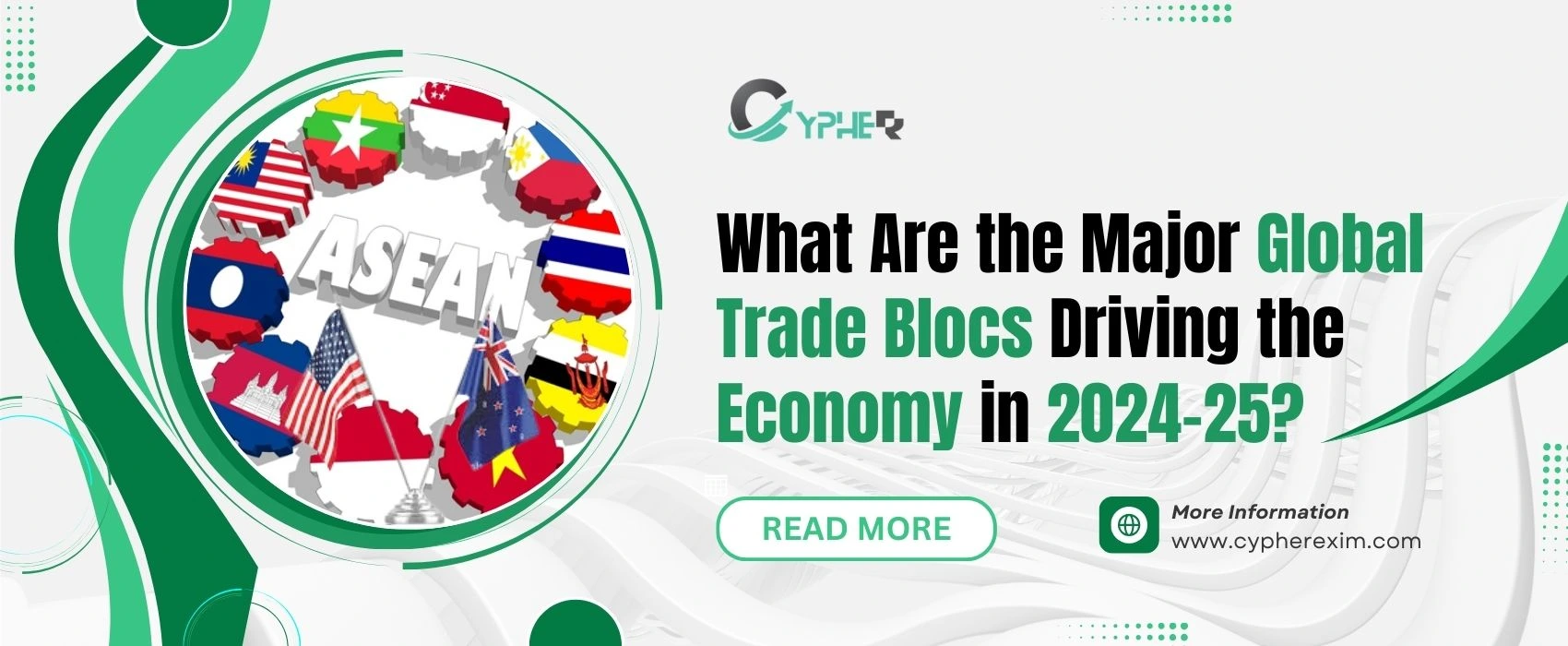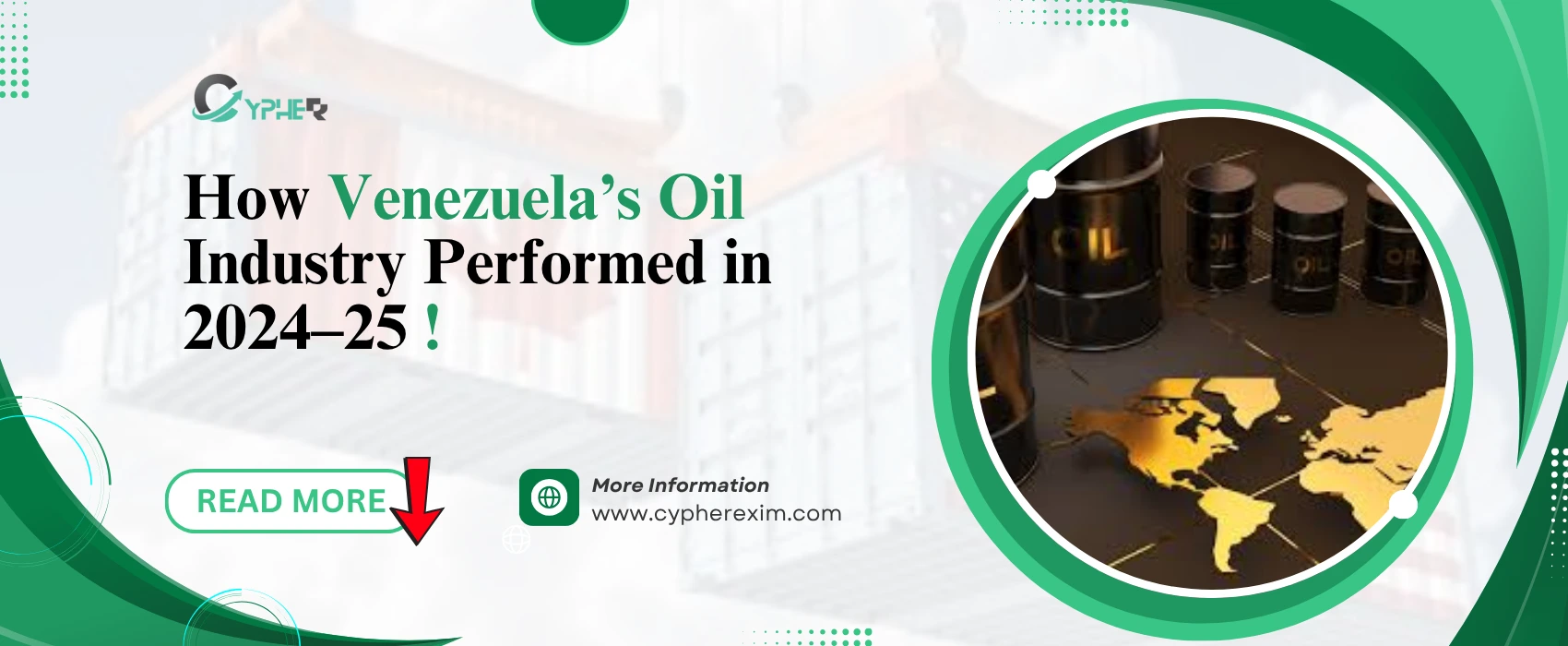How Iran tensions threaten Asia’s energy security?

25 Jun 2025
Asia's energy supply lines are seriously threatened by the escalating Middle East conflicts, especially those involving Iran. Iran's strategic position as a major player in the world's oil and gas markets increases the likelihood of interruptions that might have an impact on economies like China, India, Japan, and South Korea that rely significantly on energy imports.
Asia’s dependence on Middle Eastern energy is substantial. Over 70% of the region’s crude oil and liquefied natural gas (LNG) flows through the Strait of Hormuz, a narrow chokepoint near Iran. Any escalation—whether through sanctions, military action, or blockades—could constrict this vital artery. A prolonged closure might slash global oil supply by 20%, driving prices to unprecedented levels. For Asia, this translates to higher costs for fuel, electricity, and industrial production, potentially stalling economic growth.
Iran’s role extends beyond crude oil. It supplies liquefied petroleum gas (LPG), critical for cooking and heating in countries like India and Indonesia. Disruptions could force these nations to scramble for alternatives, straining global LPG markets and inflating prices. Refineries in Asia, optimized for Iranian crude grades, would face challenges reconfiguring for other sources, leading to production delays and supply shortages.
The countries that rely on imports would be most affected economically. Since India imports around 80% of its oil, rising fuel prices could lead to a spike in inflation. South Korea and Japan, who depend on LNG to generate electricity, may have to limit their energy if supplies run out. China continues to rely on Middle Eastern oil for its industrial base while diversifying its energy mix. The region's manufacturing and export-based economies may be impacted by rising energy prices.
Complexity is increased by geopolitical manoeuvres. Even in the absence of physical impediments, sanctions on Iran may tighten the world's oil markets. Asian consumers may switch to Russian or Saudi suppliers, but a smooth transition may be hampered by logistical constraints and a lack of spare capacity. Risks are increased by Iran's ability to harm infrastructure or ships in retaliation for sanctions.
Resilience and diversification are key components of Asia's response. While China and India's strategic petroleum reserves provide short-term respite, longer-term fixes call for more comprehensive energy plans. Investing in nuclear power, renewable energy, and local gas production could lessen exposure to unstable areas. Increasing regional cooperation through agreements for energy sharing or cooperative stockpiling could potentially act as a shock absorber.
Companies are currently facing difficulties. Energy-intensive industries including manufacturing, petrochemicals, and transportation need to prepare for price increases. Inflation may be fuelled by businesses passing expenses on to customers. If shipping routes are changed to avoid conflict areas, logistics companies may experience delays and incur higher operating costs.
Asia’s energy vulnerability has been starkly highlighted by the ongoing Iran war, underlining the urgency for nations to reduce dependency on a single region for their energy needs. While short-term measures, such as drawing from strategic reserves, may provide temporary relief, the crisis reinforces the need for long-term strategies centered on regional cooperation, renewable investments, and energy diversification.To safeguard the continent’s future, Asia must strengthen its economic and energy defenses by developing shared infrastructure, diversifying import sources, and improving supply chain resilience. Access to accurate trade intelligence through a Customs Database, as well as financial resources from institutions like the Export Import Bank and comprehensive insights from an Export Import Data Bank, can empower governments and businesses to make informed, data-driven decisions.By combining trade data analytics with proactive energy policies, Asia can enhance its stability, protect industries from global shocks, and secure sustainable growth for its people and economies in an increasingly uncertain world.







